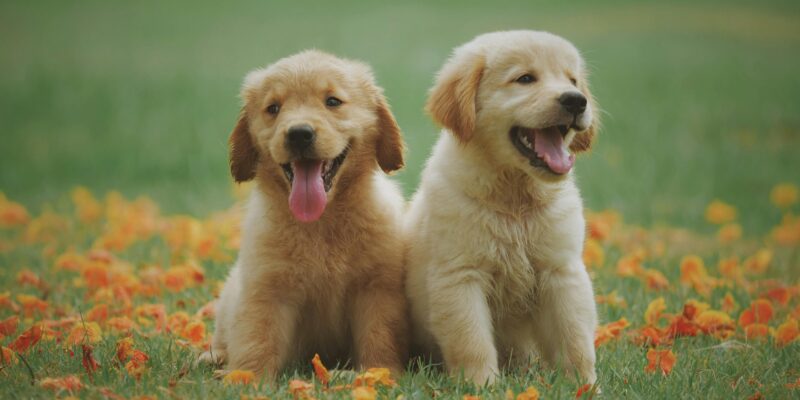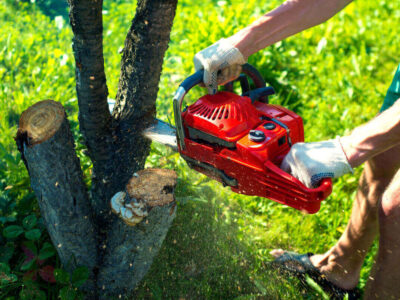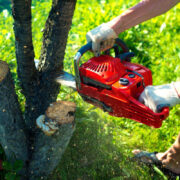
Introduction
Bringing a new puppy home is an exciting adventure, but it also comes with its own set of challenges, especially when it comes to training. Whether you’re a first-time puppy parent or adding a new furry friend to your family, understanding the basics of puppy training is crucial. In this guide, we’ll cover essential tips to help you train your puppy, from potty training to teaching basic commands. By the end, you’ll feel more confident in your ability to raise a well-behaved and happy pup.
1. The Importance of Early Training
Early training is vital for establishing good behavior and habits in your puppy. Just like young children, puppies are more receptive to learning new things during their early developmental stages. By starting training early, you can prevent unwanted behaviors from becoming ingrained and set the foundation for a well-mannered adult dog.
2. Choosing the Best Online Puppy Store
Before you even bring your new puppy home, it’s important to choose the right place to get your puppy supplies. The best online puppy store offers a variety of high-quality products, from food and toys to training tools and accessories. Look for stores with good reviews, a wide selection, and helpful customer service to ensure you have everything you need for your new puppy.
3. Creating a Safe Space for Your Puppy
When your puppy first arrives home, they need a safe and comfortable space to adjust. This could be a crate, a designated puppy-proofed room, or a cozy corner with a comfortable bed. Having a safe space helps your puppy feel secure and gives them a place to retreat when they’re feeling overwhelmed.
4. Potty Training Basics
Potty training is often the first big challenge for new puppy parents. The key is consistency and patience. Take your puppy outside frequently, especially after meals and naps, and always use the same spot. Praise them enthusiastically when they go potty outside to reinforce the behavior. Accidents will happen, so it’s important to clean them up thoroughly to prevent repeat offenses.
5. Understanding Your Puppy’s Schedule
Puppies thrive on routine. Establishing a consistent schedule for feeding, potty breaks, playtime, and training sessions helps your puppy understand what’s expected of them and reduces anxiety. A regular schedule also makes it easier for you to predict when your puppy needs to go outside.
6. Socialization: Introducing Your Puppy to the World
Socialization is crucial for a well-adjusted dog. Expose your puppy to different people, places, and experiences from a young age. Positive interactions with new environments and other dogs will help them grow into a confident and friendly adult. Puppy classes and playdates are great ways to ensure your puppy gets the socialization they need.
7. Basic Commands Every Puppy Should Know
Teaching your puppy basic commands like “sit,” “stay,” “come,” and “leave it” is essential for their safety and your peace of mind. Start with one command at a time, using treats and praise to encourage them. Short, frequent training sessions are more effective than longer, sporadic ones.
8. Positive Reinforcement Techniques
Positive reinforcement is the most effective way to train your puppy. This means rewarding good behavior with treats, praise, or playtime. Avoid punishment, as it can create fear and anxiety in your puppy. Instead, focus on reinforcing the behaviors you want to see more of.
9. Dealing with Common Behavioral Issues
Every puppy is unique, and some may develop behavioral issues like biting, chewing, or barking. Understanding why your puppy is exhibiting these behaviors and addressing the root cause is key. For example, puppies often chew because they’re teething. Providing appropriate chew toys can redirect this behavior.
10. Training Tools and Supplies
Having the right tools can make training your puppy much easier. Essential supplies include a comfortable collar and leash, training treats, a clicker, and interactive toys. The best online puppy store will have a wide selection of these items to choose from.
11. Maintaining Consistency in Training
Consistency is crucial in puppy training. Ensure that all family members use the same commands and reward system to avoid confusing your puppy. Regular training sessions and sticking to your puppy’s routine will help reinforce good behavior.
12. Advanced Training Tips
Once your puppy has mastered the basics, you can move on to more advanced training. This could include tricks, agility training, or more complex commands. Advanced training not only challenges your puppy but also strengthens the bond between you.
13. Health and Nutrition Tips
A healthy puppy is a happy puppy. Ensure your puppy is getting the right nutrition by feeding them high-quality puppy food. Regular vet check-ups and staying on top of vaccinations and parasite prevention are also crucial.
14. Exercise and Playtime
Puppies have a lot of energy and need plenty of exercise to stay healthy and happy. Regular playtime and walks are essential. Interactive toys and games can also help keep your puppy mentally stimulated.
15. When to Seek Professional Help
Sometimes, despite your best efforts, you might encounter training challenges that require professional help. If your puppy is exhibiting severe behavioral issues or if you’re struggling with training, a professional dog trainer can provide valuable guidance and support.
Conclusion
Training a puppy can be a rewarding experience, but it requires patience, consistency, and the right tools. By starting early and focusing on positive reinforcement, you can help your puppy grow into a well-behaved and happy adult dog. Remember to choose the best online puppy store for all your puppy needs, ensuring you have everything required to support your training journey.
At Puppies for Less, we specialize in connecting families with their perfect purebred puppies. Our mission is to ensure every puppy finds a loving home by focusing on health, temperament, and breed purity. We offer a seamless adoption process starting with selecting from our expertly curated breeds, making a 20% reservation payment to secure your choice, and conducting comprehensive health evaluations and veterinary checks. With multiple locations in Las Vegas, NV, we provide effortless delivery coordination to bring your new companion home. Join us at Puppies for Less and discover your ideal furry friend today.
FAQs:
- How long does it take to potty train a puppy?
Potty training can take several weeks to a few months, depending on your puppy’s age, breed, and consistency in training. Patience and regular routines are key.
- What is the best age to start training a puppy?
You can start training your puppy as early as 8 weeks old. Early training helps establish good behavior and prevents bad habits from forming.
- How can I stop my puppy from biting?
Puppies bite as a natural behavior, especially during teething. Providing chew toys and redirecting their attention to appropriate items can help. Consistent training and socialization also play a role.
- What are the best treats for training puppies?
Small, soft treats that are easy to chew are ideal for training. Look for treats made specifically for puppies, as they are often lower in calories and formulated for their dietary needs.
- How do I choose the right puppy trainer?
Look for trainers with positive reviews, professional certifications, and experience with puppies. A good trainer will use positive reinforcement techniques and be patient and supportive.











